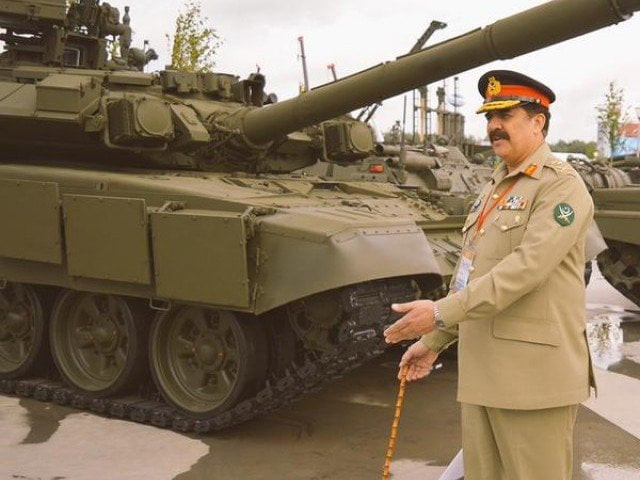Talking to The Bear
Improving ties with Russia is part of a more mature foreign policy geared to the needs of a changing world

General Raheel Sharif, has been in Moscow, meeting influential members of the Russian government and seeking to upgrade relations with Russia. PHOTO: ISPR

Russia and Pakistan had been bitter Cold War rivals, and the Russian invasion of Afghanistan in December 1979 was probably the nadir. The subsequent collapse of the Soviet Union, which was dissolved in December 1991, had consequences that are still being worked through; and an improvement in relations between Pakistan and Russia must be seen as a part of that process.Russia has traditionally been an ally of India, and did much to equip the Indian military for many years. India’s indigenous capacity for arms production has increased, and a shift away from the Russian orbit by India is in part driven by its own changing relationship with the US. It is now in the interests of The Bear in Moscow to improve ties with Islamabad, and this current meeting of military minds and the servicing of military needs should be seen in this light. The COAS visited a defence expo, doubtless with a shopping list in mind and combat helicopters doubtless high on the agenda, specifically the MI-35 that Russia has indicated it was willing to sell to us. What is now needed is a more multifaceted approach to developing ties with Russia. There needs to be focus on cooperation in the energy and manufacturing sectors as well so that the larger populations of both countries can benefit from improved relations. Improving ties with Russia is a welcome development and is part of a more mature foreign policy geared to the needs of a changing world. This was, perhaps, overdue, but better late than never.
Published in The Express Tribune, June 19th, 2015.
Like Opinion & Editorial on Facebook, follow @ETOpEd on Twitter to receive all updates on all our daily pieces.



















COMMENTS
Comments are moderated and generally will be posted if they are on-topic and not abusive.
For more information, please see our Comments FAQ